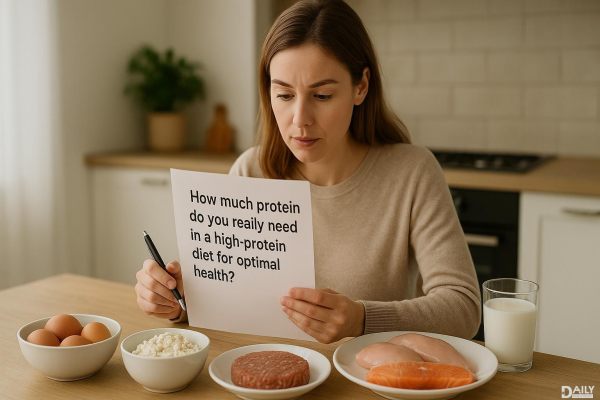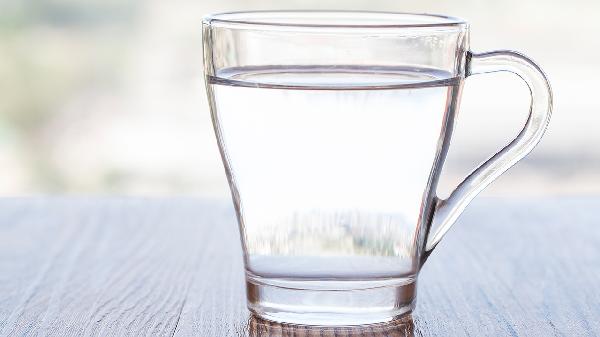If you're diving into the high-protein diet trend, you're probably wondering exactly how much protein you actually need to hit that sweet spot for optimal health. The answer isn't one-size-fits-all—it depends on your body, goals, and lifestyle. But generally, aiming for 0.7 to 1 gram of protein per pound of body weight is a solid starting point for most active folks. Now, let's break down why protein matters, how to get it right, and what happens when you go overboard.

Protein isn’t just for gym bros trying to bulk up—it’s the building block of life. Every cell in your body uses protein for repair, growth, and maintenance. From muscle recovery to hormone production, this macronutrient is working overtime to keep you functioning at your best. If you're active, protein helps repair those micro-tears in your muscles post-workout, making recovery faster and gains stronger. Even if you're not lifting weights, adequate protein keeps your metabolism humming, supports immune function, and helps you stay full longer, which can be a game-changer if weight management is on your radar.
More isn’t always better. While protein is essential, overloading your system can backfire. Your body can only process so much at once—about 20-40 grams per meal, depending on your size and activity level. Excess protein doesn’t magically turn into extra muscle; instead, it gets stored as fat or, worse, strains your kidneys over time. If you're chugging protein shakes like water and still feeling sluggish, bloated, or dealing with digestive issues, you might be pushing past your limit. Listen to your body—it’ll tell you when enough is enough.
Not all protein is created equal. While a steak or chicken breast is a classic go-to, variety is key. Lean meats, fish, eggs, and dairy pack a complete amino acid profile, but plant-based options like lentils, quinoa, and tofu can be just as effective when combined smartly. If you're plant-powered, pair beans with rice or hummus with whole-grain pita to get all nine essential amino acids. And don’t sleep on Greek yogurt or cottage cheese—they’re protein powerhouses with gut-friendly probiotics. The goal? Mix it up to cover all your nutritional bases without getting stuck in a food rut.
When you eat protein matters almost as much as how much you eat. Spreading your intake evenly throughout the day—instead of cramming it all into one massive dinner—helps your body utilize it more efficiently. Post-workout, aim for a protein-rich snack within 30-60 minutes to jumpstart recovery. But don’t stress over an exact "anabolic window"; consistency over weeks and months matters way more than hitting a perfect 30-minute deadline. And yes, that midnight snack can still be protein-packed—just keep it balanced with some fiber or healthy fats to avoid a blood sugar rollercoaster.
If you're constantly hungry, losing muscle despite working out, or noticing brittle hair and nails, your protein intake might be lagging. Other red flags include slow recovery from workouts, frequent colds (thanks to a weakened immune system), or just feeling "meh" all the time. Women, especially, often undereat protein, fearing it’ll make them "bulky"—newsflash, it won’t. Prioritizing protein doesn’t mean sacrificing carbs or fats; it’s about finding the right balance to keep energy levels steady and your body thriving.
At the end of the day, protein is a tool, not a magic bullet. Whether you're aiming to build muscle, lose fat, or just feel more energized, dialing in the right amount for your needs makes all the difference. Experiment, track how you feel, and adjust as needed—because the best diet is the one that works for you, not just the latest trend.
























